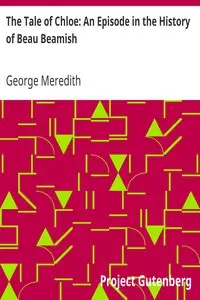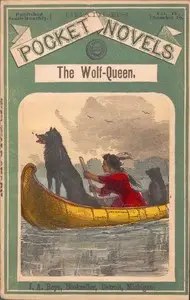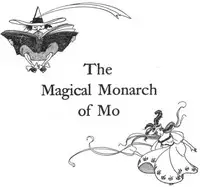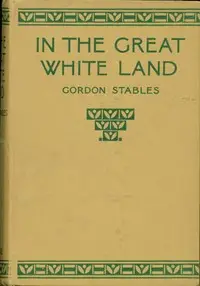"The Tale of Chloe: An Episode in the History of Beau Beamish" by George Meredith is a novel likely written in the late 19th century. The story draws upon themes of social class, romance, and the complexities of human relationships as it unfolds the events surrounding the character Beau Beamish, a witty and sophisticated gentleman, as he navigates the social intricacies involving the young and naive Duchess of Dewlap and a lady named Chloe, who finds herself entangled in matters of the heart and social propriety. The opening of the novel introduces readers to Chloe through a celebratory ballad recounting the tale of a duke who marries a dairymaid, hinting at the intersection of love and social status. It quickly transitions into a portrait of Beau Beamish, who is depicted as an astute and philosophical figure in his interactions with the duke. As the narrative progresses, Beau Beamish takes on the responsibility of guiding the inexperienced Duchess Susan during her visit to the Wells, while also recognizing Chloe's unfortunate situation—her love for a man who has caused her financial and emotional strife. The dialogue establishes the dynamics between the characters, painting a vibrant picture of society's expectations and the personal desires that often clash within it. Through clever banter and poignant reflections, the opening chapters set the stage for a tale rich in both humor and drama, inviting readers to further explore the lives of these complex figures. (This is an automatically generated summary.)

The Tale of Chloe: An Episode in the History of Beau Beamish
By George Meredith
"The Tale of Chloe: An Episode in the History of Beau Beamish" by George Meredith is a novel likely written in the late 19th century. The story draws ...
George Meredith was an English novelist and poet of the Victorian era. At first, his focus was poetry, influenced by John Keats among others, but Meredith gradually established a reputation as a novelist. The Ordeal of Richard Feverel (1859) briefly scandalised Victorian literary circles. Of his later novels, the most enduring is The Egoist (1879), though in his lifetime his greatest success was Diana of the Crossways (1885). His novels were innovative in their attention to characters' psychology, and also portrayed social change. His style, in both poetry and prose, was noted for its syntactic complexity; Oscar Wilde likened it to "chaos illumined by brilliant flashes of lightning". Meredith was an encourager of other novelists, as well as an influence on them; among those to benefit were Robert Louis Stevenson and George Gissing. Meredith was nominated for the Nobel Prize in Literature seven times.












